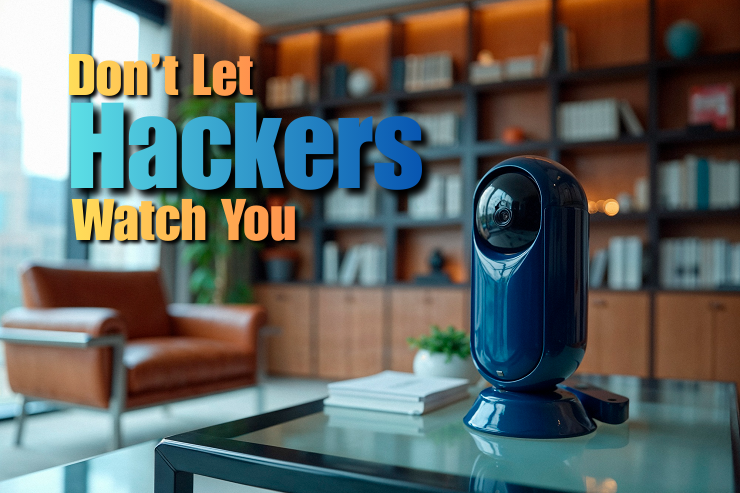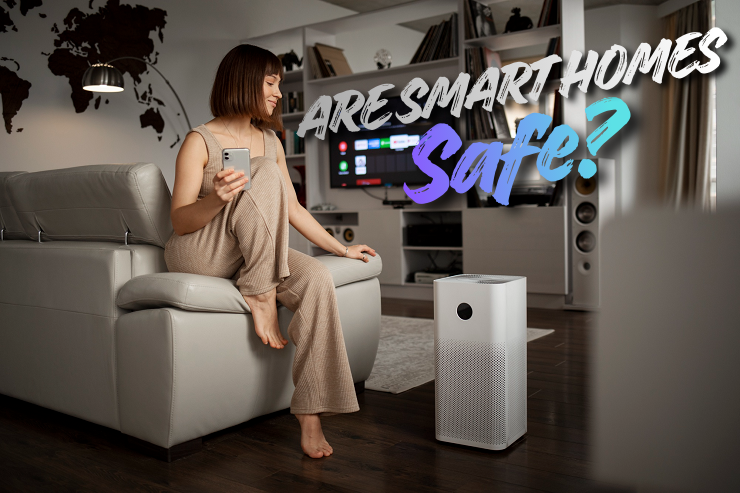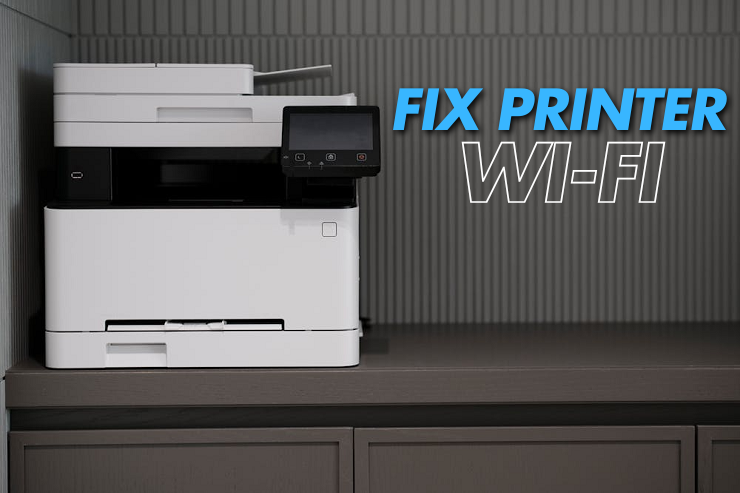

Smart home devices are literally everywhere now. From door locks to speakers, they’ve added a sort of convenience to our lives that would be hard to live without. With that said, as much as these gadgets make life easier, they do tend to open doors to cyber threats unless taken care of.
One of the safety protocols we are all aware of is installing antivirus software. However, is that really relevant when it comes to smart home devices? Let’s find out.
Let’s talk about some real-world incidents and see just how fragile security can often be, and what can go wrong when it is:
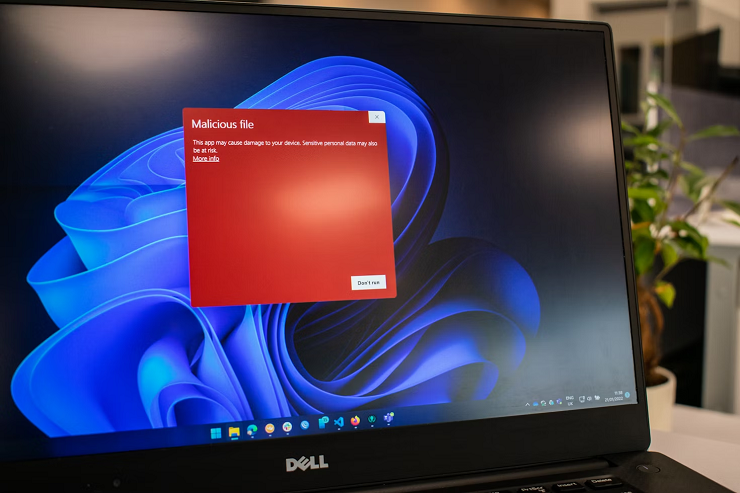
Scary, indeed. These are all real attacks that happened. They show two kinds of risk: external attacks (hackers exploiting weaknesses) and data exposure. Both can hurt your online data protection and privacy.
Most people are aware of the traditional role antivirus software plays: it protects your PC from malware by scanning, alerting, quarantining, and removing infected files. However, smart home devices aren’t exactly computers. So, will antivirus even be useful here?
Here is what antivirus software helps with:
What it doesn’t do well:
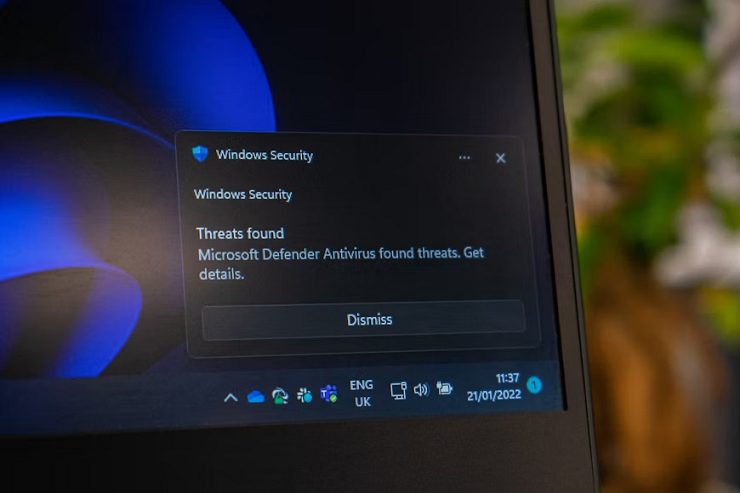
So, antiviruses are fine, but they, by themselves, aren’t enough. They’re one aspect of a broader strategy, and the strategy also includes:
In short: yes and no.
If you mean antivirus on smart appliances themselves, often no. They usually can’t support it. But you absolutely need protection for the rest of your setup: your phone, PC, and tablets. They are gateways.
Antiviruses do help, but they’re not a cure-all by any means. You will need to supplement them with other things to realistically protect your smart home devices.
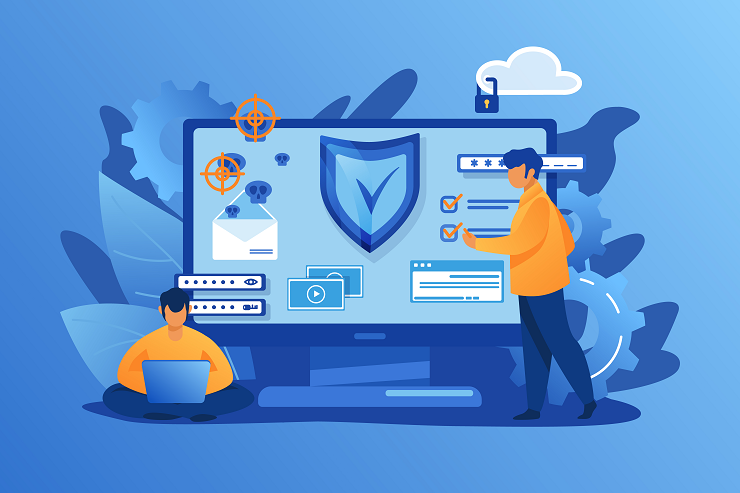
Smart home devices add comfort and convenience. But they also broaden your risk landscape. Antivirus on your everyday devices is helpful, but not sufficient. Your main defences are strong passwords, 2FA, cautious handling of tech support, keeping firmware up to date, and limiting what devices can do or access.
Focus more on protecting accounts and networks than expecting your smart bulb or fridge to run antivirus software. Do that, and you reduce risk a lot.
DO SMART SPEAKERS REALLY NEED ANTIVIRUS SOFTWARE?
Smart speakers themselves rarely support traditional antivirus software. What matters more is securing the account behind them. Activate 2FA, use unique passwords, and don’t share access with strangers.
CAN TECH SUPPORT SERVICES BE TRUSTED, OR ARE THEY A RISK?
There are legitimate tech support services, but there are also many scams. Always verify you are contacting the vendor directly. If someone cold-calls claiming your device is compromised, be skeptical. Never give remote access unless you initiated it with the real company support.
HOW DOES ONLINE DATA PROTECTION TIE IN WITH SMART DEVICES?
Smart devices send and store data: logs, usage, and sometimes media. If that data is breached, it may lead to identity theft or phishing scams. Good online data protection means minimal data sharing, encryption, and having strong controls on cloud accounts.

I’m a Nerd and very proud of it! I love to write about anything Tech related. Subscribe to our blog for helpful tips, tricks & news.
